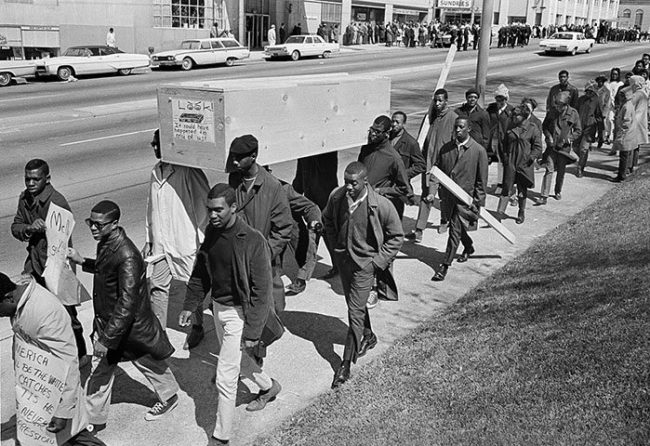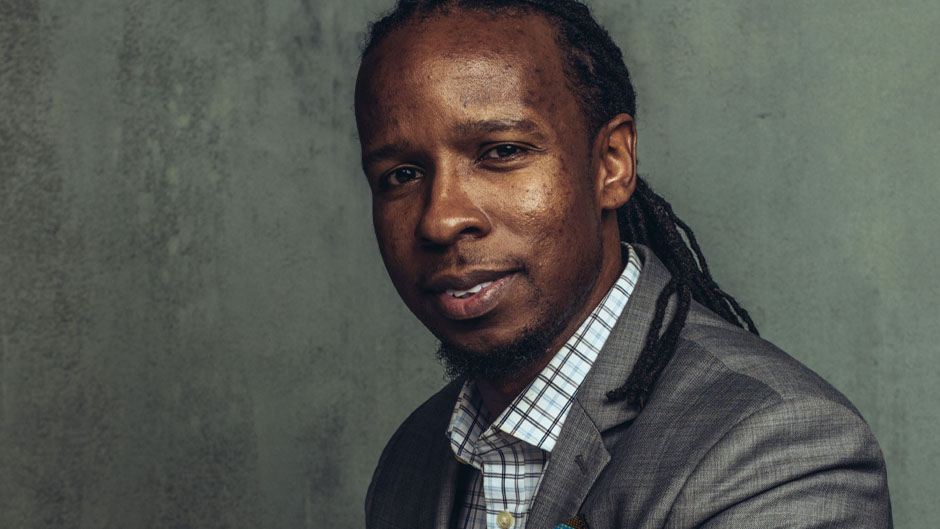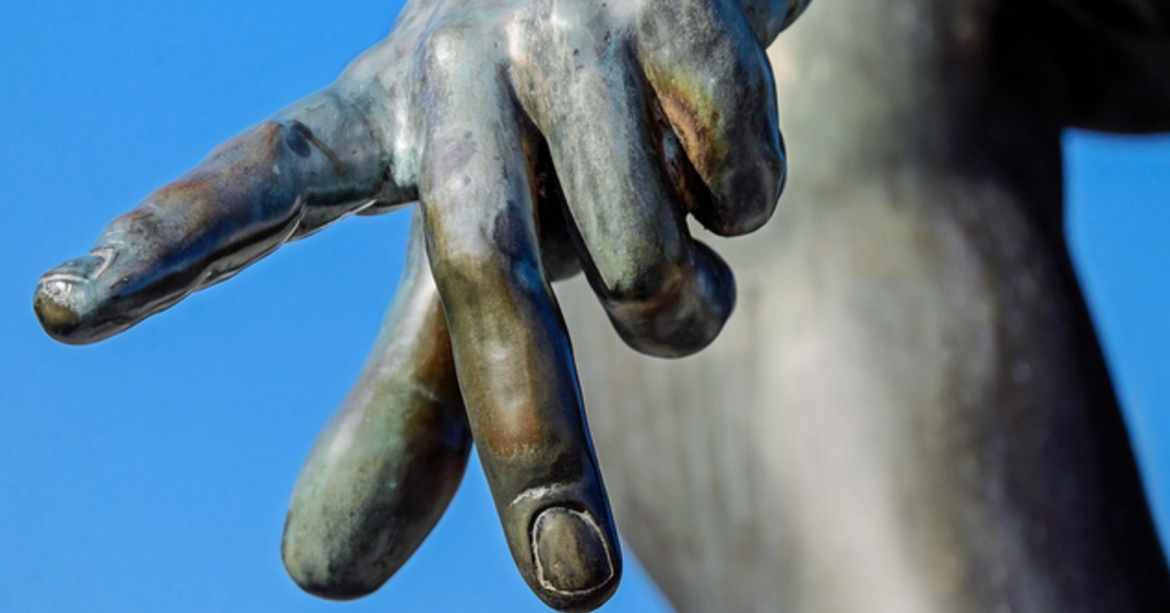Senator Tim Scott of South Carolina, in his response to President Biden’s address to a joint session of Congress, uttered words that will go down in infamy: “Hear me clearly: America is not a racist country.”
Scott is proof that delusion does not hew to a color line in present-day America. However for a black man from South Carolina, of all places, to evince such withering denial, is soul-crushing even to whites grappling with centuries of racism in this country.
In the early 1990’s, I lived for six months in South Carolina. It was more of a culture shock than living for six months deep in Mexico in the same period.
As I was unloading a U-haul in Orangeburg, a good ole boy approached from across the street. After he’d thrown around the N-word a couple times, I wanted to see how deep into hell I’d come.

“Do you remember the Orangeburg Massacre?” I asked. It occurred on the night of February 8, 1968, when a civil rights protest at South Carolina State University turned deadly after highway patrolmen opened fire on about 200 unarmed black student protesters. Three young men were murdered, and 28 people were wounded.
I say murdered because the old white guy proudly exclaimed, “I was there! I stood right next to a state cop who pointed at a big buck, then at his forehead, and said, ‘I’m going to put it a bullet right there.’ And he did.”
He thought it was a win-win telling me the story – either I’d go along with him, and reveal that I was also a weak overt racist, or at least a weak complicit racist; or the young man with California license plates would be shocked into silence.
I just glared at him. And the next time he said something about “niggers,” I walked up to him and said, “I take people as I find them, one at a time.” He left, and we never spoke again.
Whatever fantasy-land Senator Scott is living in, President Biden is also upholding illusion when he replied, “I don’t’ think the American people are racist.”
Black people have endured “institutionalized racism” for so long that understanding how to deal with anger and suffering resulting from America’s deep-seated bigotry has long since been a matter of emotional and spiritual survival. Anger and suffering would have entirely destroyed them as human beings otherwise.
Sometimes that has given rise to resignation, which is implied by the term “long suffering.” Often racism has been internalized, resulting in self-destructive behaviors and criminality.
However most white people cannot fathom how even a moment of racism, much less its repeated vileness, can wound and scar a heart.
A culture that requires black people to shout what decent white people should have been saying since the abolition of slavery – that “black lives matter” as much as white lives matter – has never been running on the rails of justice.
People of good faith, no matter what the color of their skin, can acknowledge when people on the right are right even when we know they’re coming from the wrong place. Therefore yes, it’s a mistake to “divide the world into racial identities” as a remedy for racism.

And it’s simply inane to maintain, as Ibram X. Kendi does, “The only remedy to past discrimination is present discrimination. The only remedy to present discrimination is future discrimination.”
Even so, listen to the tin ear of white privilege in the discordant clang in the sly retort: “Maybe the balance of our sympathies should lie not with the would-be perpetrator of a violent assault but with the cop who saved a Black life.”
To insist that the choice is between emptying a gun into a knife-wielding 15-year-old black girl, and heralding the cop as a hero for shooting her down like a rabid dog, is grotesque on the face of it. Cops can be trained in non-lethal ways to deal with such situations, even when there are only ten seconds to respond to them.
The irony is that just as race has come to mean so much in political discourse and discontent, it is coming to mean less and less in real-life relationships.
In a few generations, the old bugaboo of interracial mixing, evoked by the ugly connotation of the word miscegenation, will be the reality in every extended family. Will the virulent, residual racism of tinted whites then elicit the derision and disdain it deserves, and will dividing the world into racial identities become an absurdity?
Not necessarily. Whiteness is really about power and domination, and always has been. Until we address the evils of power at their root within us, the domination of one group and the suppression of others will continue, whatever shade we’re made.
Martin LeFevre

